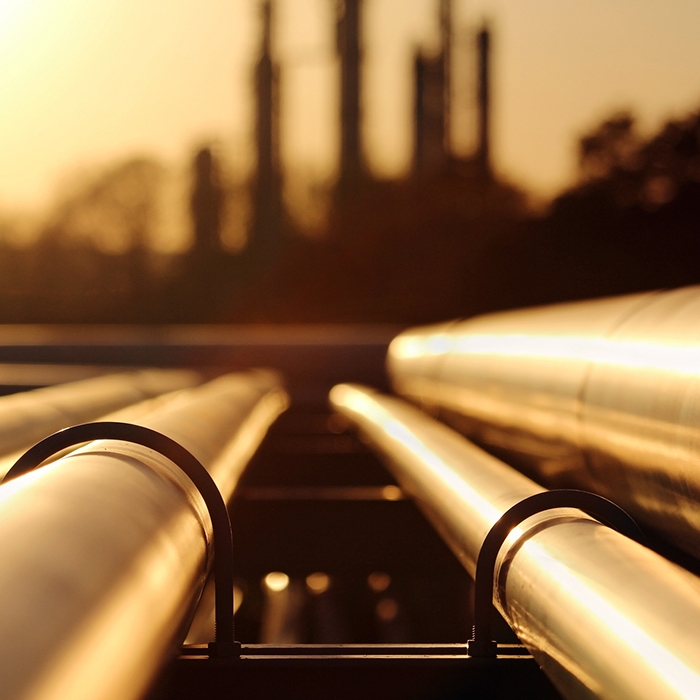May 1, 2023
Exponent engineer Jeffrey A. Kornuta and co-authors from academia and the private utility sector have published a peer-reviewed article on their proposed algorithm for enabling more accurate quantification of steel pipeline mechanical properties.
Using stress-strain data from 144 natural gas pipeline test samples with vintages ranging from the 1930s to the 2010s and pipe diameters from 4.5 to 36 inches, this newly developed software algorithm automates the process for calculating power-law parameters and reveals greater hardening in pipeline steels than previously published results.
The authors' proposed algorithm results in substantially lower error in power-law regressions compared to conventional algorithms that ignore discontinuous yielding effects. The study's proposed algorithm (R language) is included in the supplementary appendix of the research paper.

"Automated Calculation of Strain Hardening Parameters from Tensile Stress vs. Strain Data for Low Carbon Steel Exhibiting Yield Point Elongation"
Read the full articleFrom the publication: "This brief technical note describes an algorithm for automatically computing strain hardening parameters from tensile data. ... The algorithm improves upon conventional methods (e.g., the '0.2% method') for calculation of the strain hardening exponent, n, and satisfies ASTM E646 [Standard Test Method for Tensile Strain-Hardening Exponents (n-Values) of Metallic Sheet Materials] guidance in that it avoids portions of the stress-strain response during which time the material deforms non-uniformly."

